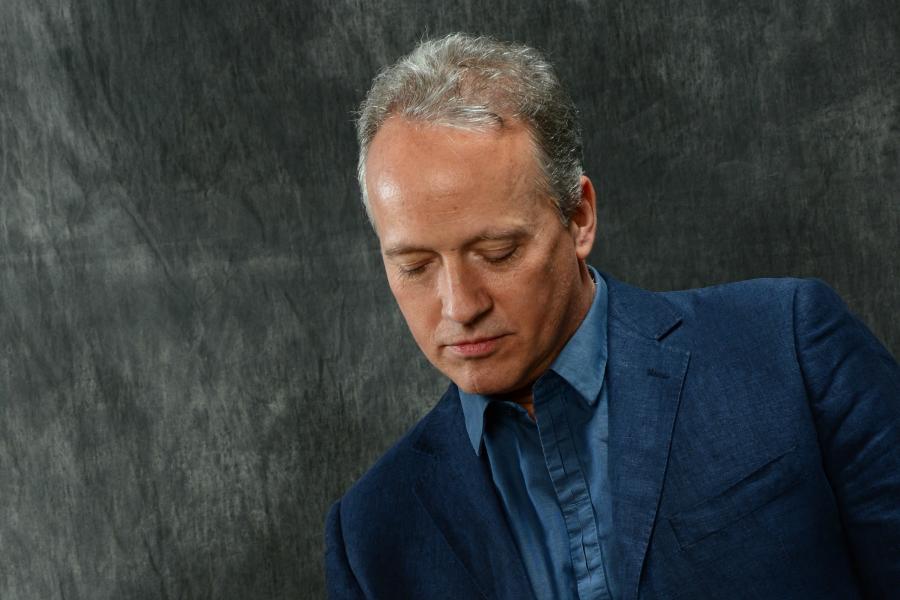Ted Nash has distinguished himself as a saxophonist and as a Grammy-nominated composer-arranger. For 18 years he has been a member of Jazz at Lincoln Center (JALC), and Wynton Marsalis has expressed awe at Nash’s virtuosity.
In 2014, JALC commissioned a large-scale work from Nash, and the result is now available in a two-CD set from the impressive Motéma Music label: “Presidential Suite: Eight Variations on Freedom.”
Nash is unusually inventive in his approach to the material.






